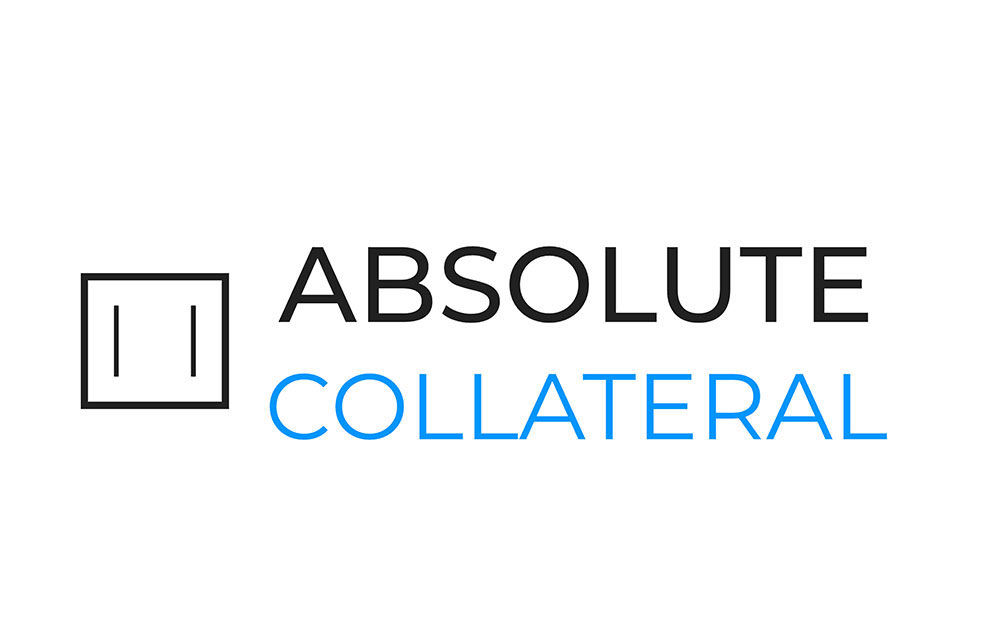ESMA has recommended permanently lowering the notification threshold of net short positions on shares from 0.2 per cent to 0.1 per cent.
In an opinion paper submitted to the European Commission on 20 May, ESMA highlights the benefits of permanently lowering the threshold at which one must notify net short positions to national competent authorities (NCAs).
Responding to volatile market conditions linked to the Covid-19 pandemic, on 16 March 2020 the European securities markets regulator used its emergency powers to lower the reporting threshold of net short positions in shares admitted to trading on a regulated market from 0.2 per cent to 0.1 per cent of a company’s issued share capital.
Introduced initially for a three month period, this new arrangement was rolled over in June, September and December and expired on 19 March of this year.
These intervention powers draw on EU Regulation No 236/2012 on short selling and certain aspects of credit default swaps, known as SSR.
These notification requirements for net short positions under SSR are intended to enable financial regulators to monitor accumulation of net short positions in specific shares, providing an early indicator of volatile or overvalued shares, and shares that may potentially suffer a ‘short squeeze’.
By setting the reporting threshold for net short positions at 0.1 per cent, this data has provided NCAs with a clearer picture of net short positions at the individual, sector and market-wide level, says ESMA.
Reporting at 0.1 per cent also allowed for side-by-side comparisons of the effects of short selling bans between EU countries initiated in the spring of 2020, affording ESMA the opportunity to analyse whether such bans trigger any displacement effects “across competent authorities, sectors or shares with different levels of liquidity”, ESMA says.
Owing to the impact of the COVID-19 crisis and continuing market uncertainty, ESMA says that swift action is necessary to provide NCAs with greater visibility in conducting market surveillance. It considers that “engaging in a public consultation and a full cost-benefit analysis is disproportionate due to the particular urgency of the matter”.

.jpg)


